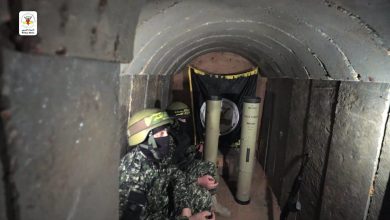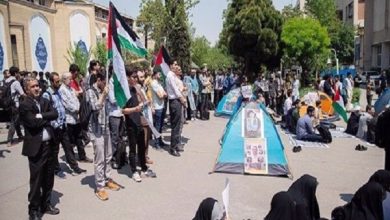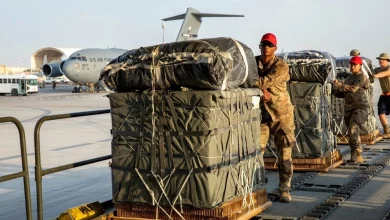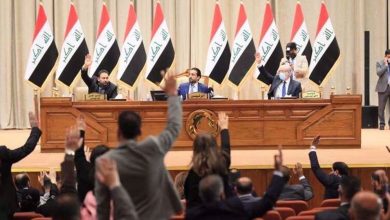Medical Official: Rapid Control of Coronavirus Epidemic Possible in Iran by Isolating 40% of Patients
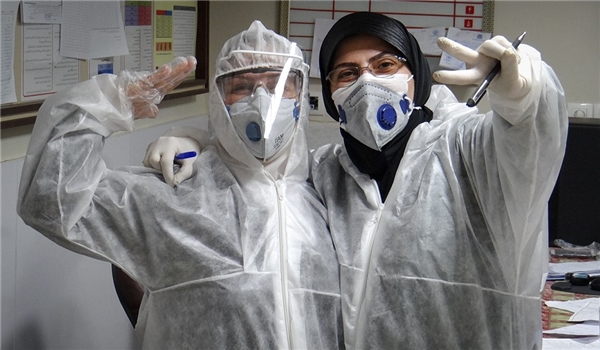
A senior Iranian medical official underlined the need for people’s cooperation to harness the dangerous COVID-19 virus, saying that if 40% of coronavirus patients are isolated, the country will be able to control the disease in the near future.
“The results of (scientific) modelling show that if we isolate 25% of patients, the epidemic will procrastinate to the end of Ordibehesht (June21-July21) and if we can increase the number to 40%, it will be controlled next week which is not an impossible thing to do,” Head of the Epidemiology Committee of the National Headquarters to Fight against Coronavirus Ali Akbar Haqdoust said on Monday.
He added that certainly restrictions should be applied to prevent people’s trips to other provinces and towns, calling on people to start self-quarantine.
Novel coronavirus, or COVID-19, is a new respiratory disease first identified in the central Chinese city of Wuhan late last year. The World Health Organization on Wednesday described the outbreak as a pandemic.
According to the latest reports, the novel coronavirus, officially known as COVID-19, has infected over 171,000 people in the world, claiming more than 6,500 lives.
The Iranian health ministry announced on Monday that the number of coronavirus patients in the country has increased to 14,991, while the death toll rose to 853 people. A sum of 4,996 coronavirus patients have also recovered so far.
Last Wednesday, the Iranian foreign ministry declared that despite Washington’s claims of cooperation to transfer drugs to Iran via the new Swiss-launched payment mechanism, the US is troubling the process amid the coronavirus outbreak in the country.
Although US claims that medicines and medical equipment are not under sanctions, they have practically blocked the transfer of Iran’s financial resources in other countries into the Swiss Humanitarian Trade Arrangement (SHTA), Iranian Foreign Ministry Spokesman Seyed Abbas Mousavi said.
As the death toll from the virus surges, Iran intensifies its preventive safety measures. Closures of schools and universities have been extended for the next two weeks.
The government also imposed travel restrictions, specially on Iran’s north, which is among the red zones. The country has also adopted strict digital health control procedures at airports to spot possible infections.
Health Minister Saeed Namaki announced earlier this month that a new national mobilization plan would be implemented across the country to fight against the coronavirus epidemic and more effectively treat patients.
Namaki said that the plan will include all the 17,000 health centers and the 9,000 medical and clinical centers in all cities, suburban areas and villages.
He added that the plan will include home quarantine, noting that infected people will receive the necessary medicines and advice, but they are asked to stay at home.
Namaki said that people with a more serious condition will stay at the hospitals, adding that the public places will be disinfected, the entries of infected towns and cities will be controlled to diagnose and quarantine the infected cases.
He added that the necessary equipment and facilities have been provided, expressing the hope that the epidemic would be curbed.
Namaki said that the number of medical laboratories to test coronavirus infection has reached 22, and will increase to 40 soon.
The World Health Organization (WHO) says Iran’s response to the virus has so far been up to the mark. Still, it says the US sanctions are a big challenge, and Washington would be complicit in the rising death toll in Iran if it would not remove its sanctions.
The World Health Organization has considered priorities in combating coronavirus and Islamic Republic of Iran obeys and follows up priorities as defined by WHO.
The WHO is dispatching separate delegations to all countries.

